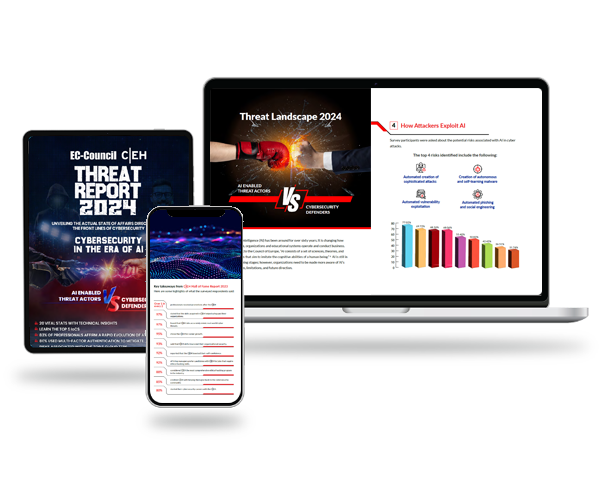It all started with an innocent-looking email that landed in the inbox of Sarah, a dedicated project manager at TechGuard. The email appeared to be from a reputable vendor the company regularly worked with, asking her to verify some financial details related to an ongoing project. The email was convincing, complete with the vendor’s logo, contact information, and a sense of urgency.
Rushed by her busy schedule and the apparent legitimacy of the email, Sarah quickly clicked on the embedded link and entered her login credentials, believing she was accessing a secure portal. Unbeknownst to her, this simple act would unleash a series of events that would cascade and change the course of the company’s cybersecurity landscape.
Data Breach: The attackers exfiltrated sensitive customer data, intellectual property, and proprietary software, putting the company at risk of severe data privacy violations.
Financial Loss: Unauthorised access allowed the attackers to initiate fraudulent financial transactions, resulting in a substantial financial loss amounting to millions of dollars.
Reputation Damage: News of the breach spread quickly, damaging the company’s reputation and eroding customer trust, both of which TechGuard had worked tirelessly to build.
Forensic Investigation: A costly forensic investigation was launched to assess the extent of the breach, and to identify weaknesses in the cybersecurity infrastructure.
In the wake of the phishing attack, TechGuard Inc. took several steps to mitigate the damage and prevent future incidents.
Enhanced Training: The company revamped its employee training programs, placing a stronger emphasis on recognising and responding to phishing attacks.
Multifactor Authentication: Mandatory multifactor authentication was implemented to add an extra layer of security to employee accounts.
Cybersecurity Audits: Regular cybersecurity audits and vulnerability assessments became the norm to identify and address weaknesses in the system.
Incident Response Plan: TechGuard Inc. developed a comprehensive incident response plan to ensure swift action in the event of future cybersecurity related incidents.
The story of TechGuard Inc.’s phishing attack serves as a stark reminder that even the most robust cybersecurity measures can be compromised through human error. It underscores the importance of continuous training, strong authentication, and a resilient incident response strategy. This case study serves as a valuable lesson for organisations of all sizes, demonstrating the need for constant vigilance in an increasingly complex digital landscape.
Didi Global, the Chinese vehicle-for-hire company was fined S1.19 billion by China’s Cyberspace
Administration for violating the nations’ network security law, data security law, and personal
information protection law. (September 2023)
T-Mobile, the mobile communications giant announced the terms of a $350 million settlement
for a consolidated class action lawsuit following a data breach that occurred in early 2021,
impacting an estimated 77 million people. The company also committed to an aggregate
incremental spend of $150 million for data security and related technology in 2022 and 2023.
Morgan Stanley, the investment bank and financial services giant agreed to pay $60 million to
settle a legal claim relating to two security breaches that compromised the personal data of
approximately 15 million customers. (January 2022)





















































